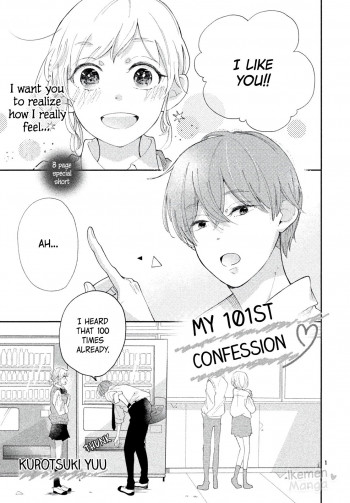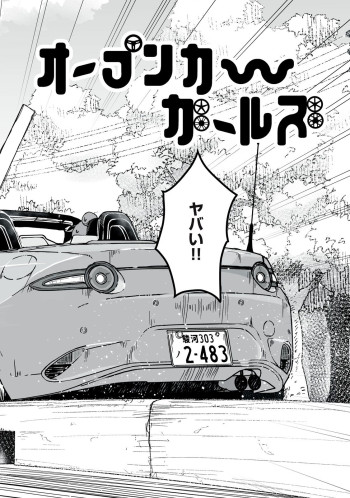Summary

The Divorce Party
by Laura Dave
Two women at the opposite ends of marriage are trying to answer the same question: When should you fight to save a relationship and when should you begin to let go?
On their thirty-fifth wedding anniversary, Gwyn Huntington and her husband, Thomas, invite friends and family over for a most unusual celebration. Their home, Huntington Hall, has been in the family for generations after surviving the Great Hurricane of 1938, which tore Montauk apart. Instead of celebrating their life there, Gwyn and Thomas are toasting their divorce.
The weekend also marks the first time that their son, Nate, brings his fiance, Maggie, home to Montauk. But Maggie finds herself wondering if it will be the last, because she discovers a secret Nate has kept for years.
A multigenerational novel about love, family, and what it means to build a life with someone, The Divorce Party brings us two immensely appealing women: Gwyn, at the end of her marriage, and her future daughter-in-law, Maggie, at the beginning. Though they make very different choices, both women ultimately discover how to create the lives that they most want to lead.
.
Read
The Divorce Party on http://kissnovel.net
Martial Peak Reviews
Laura Dave's The Divorce Party is a poignant exploration of love, loss, and the complexities of relationships, set against the backdrop of a family home steeped in history. The narrative unfolds during a weekend that marks both a celebration and a farewell, as Gwyn Huntington and her husband, Thomas, invite friends and family to commemorate their thirty-fifth wedding anniversary—not with a toast to their enduring love, but to their impending divorce. This unusual premise sets the stage for a rich examination of two women at different crossroads in their lives, each grappling with the question: when should you fight to save a relationship, and when is it time to let go?
The novel's dual narrative centers around Gwyn, who is facing the end of her marriage, and Maggie, her future daughter-in-law, who is just beginning her journey into matrimony. This juxtaposition of experiences provides a compelling lens through which to explore the themes of love, commitment, and the often painful process of self-discovery. Gwyn, a character who embodies resilience and vulnerability, reflects on her years with Thomas, revealing the complexities of their relationship and the sacrifices made along the way. Her journey is one of introspection, as she navigates the emotional landscape of divorce while also coming to terms with her identity beyond being a wife.
Maggie, on the other hand, represents the hopeful beginnings of love. However, her excitement is quickly overshadowed by the discovery of a long-held secret that Nate, her fiancé and Gwyn's son, has kept from her. This revelation not only tests Maggie's faith in her relationship but also forces her to confront her own values and expectations about love and commitment. The interplay between Gwyn and Maggie's stories creates a rich tapestry of generational perspectives on marriage, illustrating how the lessons learned from one generation can inform the choices of the next.
One of the most striking aspects of The Divorce Party is its exploration of the concept of home. Huntington Hall, the family's ancestral home, serves as a character in its own right, symbolizing both the stability of tradition and the inevitability of change. The house, which has weathered storms both literal and metaphorical, becomes a poignant metaphor for the relationships that have flourished and faltered within its walls. As Gwyn prepares to say goodbye to the home that has been a constant in her life, readers are invited to reflect on the significance of place in shaping our identities and relationships.
Dave's writing is both lyrical and accessible, with a keen eye for detail that brings the characters and their emotions to life. The dialogue is sharp and authentic, capturing the nuances of familial interactions and the unspoken tensions that often lie beneath the surface. The author skillfully balances moments of humor with profound emotional depth, creating a narrative that resonates on multiple levels. The pacing is well-structured, allowing readers to fully immerse themselves in the characters' journeys without feeling rushed or overwhelmed.
Thematically, The Divorce Party delves into the complexities of love and the difficult choices that often accompany it. It raises important questions about the nature of commitment and the societal expectations surrounding marriage. Through Gwyn and Maggie's experiences, Dave challenges the notion that love is a straightforward path, highlighting the messy, often contradictory emotions that accompany both the beginnings and endings of relationships. This exploration is reminiscent of works by authors such as Ann Patchett and Elizabeth Strout, who also delve into the intricacies of human connections and the impact of family dynamics on individual choices.
Moreover, the novel's emphasis on self-discovery and personal growth is particularly resonant. Both Gwyn and Maggie undergo significant transformations throughout the story, learning to assert their desires and redefine their identities in the face of change. This journey of self-empowerment is a powerful reminder that while relationships can shape us, they do not define us. The novel ultimately advocates for the importance of understanding oneself and making choices that align with one's true values, a message that is both timely and timeless.
In conclusion, The Divorce Party by Laura Dave is a beautifully crafted narrative that offers a nuanced exploration of love, family, and the complexities of relationships. Through the intertwined stories of Gwyn and Maggie, the novel invites readers to reflect on their own experiences with love and commitment, while also challenging societal norms surrounding marriage. With its rich character development, evocative prose, and thought-provoking themes, this book is sure to resonate with anyone who has ever grappled with the question of when to hold on and when to let go. It is a testament to the resilience of the human spirit and the transformative power of self-discovery.
























Reviews 0
Post a Reviews: